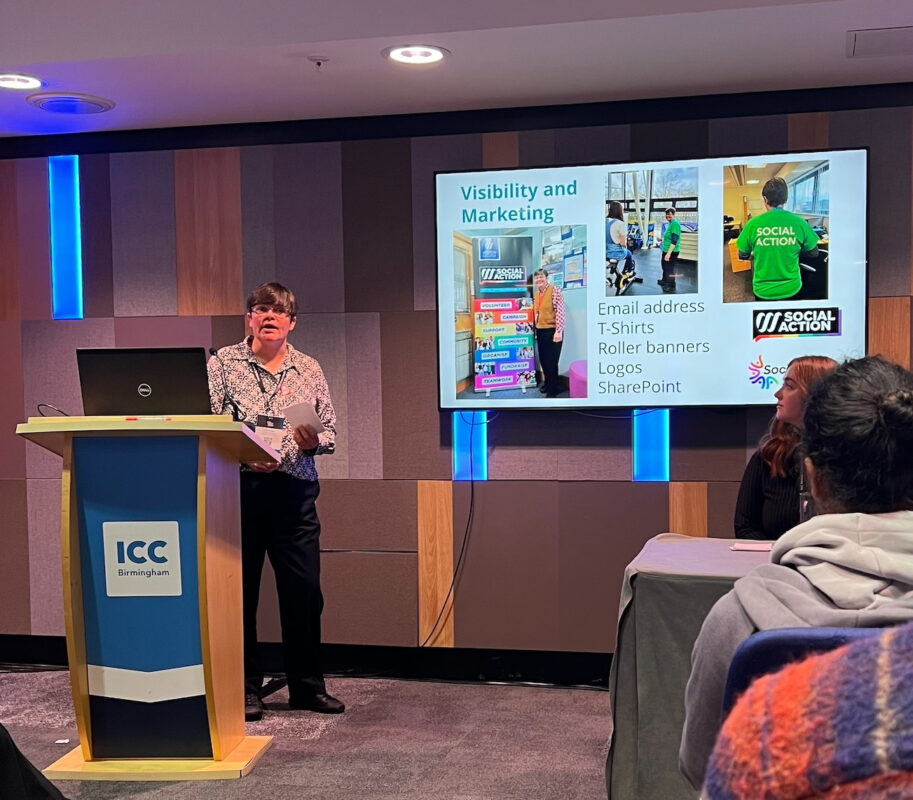The Benefits of World Language Learning

The process of learning a language has gone through many changes in the past number of years. For starters, it cannot be denied that technology has been a genuine game changer in the education field, with online learning fast becoming the preferred way to gain a new skill set and supplement the shortcomings that have long been associated with a traditional school curriculum.
Technology has enabled a variety of new ways of language learning, particularly ways that promote interaction. New teaching methods like gamification and immersive learning have helped to greatly benefit the success rates of pupils when it comes to online learning. Making the process of starting the journey towards gaining the skill of a new language easier than ever.
But… why would people be interested in learning a new language in the first place?
Well… studies have proven that learning a new language expands our field of reasoning, and our potential earnings when compared to those who are fluent in just a single language. It is estimated that mastering a foreign language can add 10-15% to an employee’s potential salary. And on a larger scale, speaking more than one language can also help to boost economic growth, as countries that actively nurture language learning reap the benefits of a more innovative and educated workforce.
Moreover, in an increasingly globalized world distances between countries and cultures are always becoming narrower, as we are constantly exposed to content coming from around the globe. Because of this, speaking a new language will no longer be a nice-to-have skill, but instead an actual requirement in an increasingly globalized world.
Will English always be the preferred second language to learn?
A language that has stood out as one of great importance during this time has been Mandarin Chinese. In fact, China is expected to become the world’s largest economy in 10 years, which will have a considerable impact on the professional market’s needs and expectations. With more companies not only looking to do business in China but also looking for employees who can communicate with this fast-growing and exciting business landscape. This is leading many parents to believe that learning Mandarin Chinese would be a smart move when it comes to looking towards their children’s future. This is why companies like LingoAce have developed a distinctive way to enhance the Mandarin Chinese learning process through immersive learning, catering to all skill levels through tailor-made curriculums that suit their schedules and needs.
Language learning will always be challenging, but… is it doomed to be tedious?
Not really. Immersive learning is an educational technique which offers digitally produced content and environments that replicate real-life scenarios, relying entirely on technology (virtual, augmented, or mixed reality) that helps to bring learning to life and lessons more relevant to students. This technique allows students to assume an active role in their lessons, which increases their engagement levels, while also awakening their curiosity.
Another distinctive feature of immersive learning has to do with the fact that it offers a distraction-free learning environment by blocking out the real world, making the learning process much more effective for the students involved. Immersive techniques are adding value to the language learning experiences, traditional ways of teaching are not only non-interactive but also rote-based, which can be overwhelming to the modern young learner who grew up in a digital world.
Play the game of… language?
Yes! Gamification, which refers to the application of game dynamics to the education process, is an immersive learning technique that has been proven to not only boost motivation levels among learners and improves the retention of new learnings as well. Both of which are essential when it comes to the acquisition of a world language. The engagement levels and entertainment values of gaming can motivate pupils to accomplish tasks that they normally view to be boring, like learning a language for example, while also helping to aid in their cognitive development. A unique learning methodology, based in gamification can help to enhance students’ engagement levels thanks to the immersive aspects of each lesson.
World language learning is constantly evolving, and technology has become a crucial ally due to the advancement of online learning by helping students to learn their chosen language in a more exciting and engaging way. Online learning has proven to provide students of all ages with different opportunities, helping individuals to transform their lives and expand their horizons through the power of language.
By Hugh Yao, Founder and CEO at LingoAce











Responses